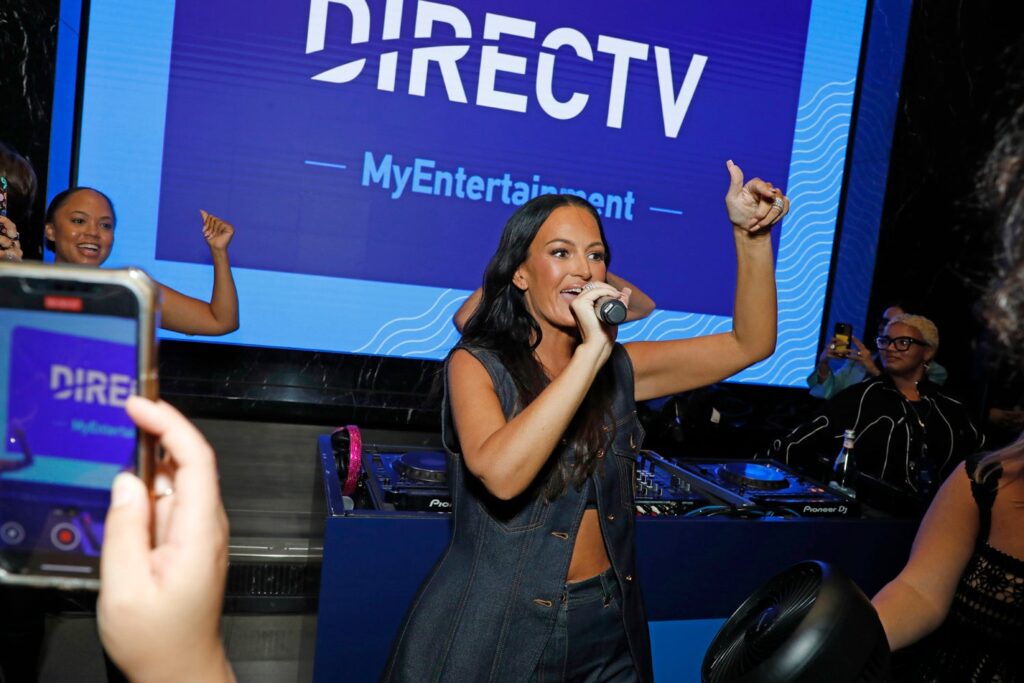The accounts vary, but unlike years past where regardless of the prognosticator, the predictions looked dire, today when it comes to how much will Facebook make, the only question is how high to guess. Estimates put the companies 2008 revenues between $300mm and $350mm with 2009 coming in somewhere between $650mm and $750mm. Compare those to 2007, when it was believed the company did between $100mm to $150mm range. Year over year doubling of revenue, at scale. Sounds like another company we know. And, like that other company, the vast majority of the money comes from advertising dollars. Also like that other company, much of the revenue growth comes not because of direct sales relationships but due to a self-service system. Only when you spend enough to get to talk to someone, as opposed to the more traditional approach of a sales person trying to get you to spend.
When it comes to Facebook’s self-service ad system, they built it, and we came, the performance marketers especially. They don’t yet have a notion of Quality Score, and after two years, they just now offer conversion tracking, but that doesn’t mean they have no way to assess ad feedback. Unlike anyone else, they offer users a way to provide immediate negative feedback on any ad.

Perhaps unfortunately for the more hardcore marketers, Facebook seems to actually do something with that feedback. We’ve seen it before when they banned celebrity likeness in pictures and when they stopped accepting almost all continuity ads. Now, comes word that another staple of the performance marketing space has made the do not advertise list – incentive promotion ads. Certain advertisers received an email similar to this one saying that they:
"…wanted to give you a heads up about a policy change that was just made that may affect your ads going forward.
We’ve received significant negative feedback over the past few weeks about ads promoting free offers which, in reality, are not free to the user. As noted in section 8 of the Facebook Ad Guidelines, "Prices, discounts, and free offers: Ads cannot be deceptive or fraudulent about any offer made. If an ad includes a price, discount or ‘free’ offer the ad must clearly state what action or set of actions is required to qualify for the offer.” In addition, advertising is not permitted on Facebook where the business model or practice is deemed unacceptable. Some business models and practices that may violate this policy include unclear billing or participation practices. For these reasons, ads promoting deceptive free offers run contrary to Facebook’s ad guidelines and overall advertising philosophy and are no longer permitted to be advertised on Facebook.
The policy team is giving advertisers by end of day Thursday (3/11) to delete these ads and is requesting that you do not submit any new ads promoting these types of offers. Ads that remain active will be removed. They have also cautioned that advertisers who continue to create ads that violate any policy or generate strong negative feedback may have their ads disabled or face account penalties up to and including the loss of beta tools and permanent loss of advertising privileges.
Free offers, which in reality, are not free to the user. Sound like anything we know? How about this?


These ads are better than what they would have been even a year ago, and they are worlds better than what would have run in 2007. These ads all state "Participation required." The first one does run afoul of other Facebook rules, namely using targeting and language making a general offer seem specific. Those violations will soon become a moot point though, assuming strict enforcement of the above. Some reading the above might wonder if there is a specific wording they can use to keep them compliant, such as "participation required," of if they can simply remove the word "free?" Or, does the above mean that the offers themselves, i.e., the email and zip submit ones are no longer accepted? From what we have heard and can tell, at least for the time being, the ads as a whole will no longer run. That news comes as a serious blow to the handful of uber-affiliates and offer owners. With Facebook’s reach and the ubiquity of the offers appeal, those who figured out how to scale this, reported spend levels that seem almost mind-blowing.
Combined, it’s hard to guess just how much volume incentive promotion managed to reach on Facebook. If we had to guess, we would put the number conservatively at $250,000/day. Extrapolated that takes us to well north of $50mm annual run rate. That amount for the old Facebook would have made a material dent, but the new Facebook can absorb it much better. They are becoming truly diversified and finding newer ways to extract money out of business and consumers. With this policy change, we also see them reacting much more quickly to shifts in their ad ecosystem. Unlike some of the subscription service advertisements, they took action here much more quickly once this hit scale.
Like so much of performance marketing, scale became the downfall. Incentive promotion ads running on Facebook aren’t new, but the subtle tweaks that took them from a modestly profitable, relatively low volume option to a meaningful percentage of Facebook’s ad dollars happened relatively quickly. Instead of just letting it go on, they acted. It’s hard to read too much into it, but it shows some signs of their product maturing. Fortunately, and perhaps most importantly, they sent a more personal note, heck they sent a note, as opposed to some other large, self-service platforms. The group at Facebook doesn’t seem likely to jump ship to start their own arbitrage business, but they do such a better job of providing some level of feedback to those who do run them. Speaking about those who run the arbitrage businesses, this is another lesson in diversification. If you had planned your next major purchase on the continued growth of the incentive promotion space, you will find yourself sorely disappointed. If you are, at most, building landing pages and buying, and you’re doing it for an area that has run into headway everywhere else it has run, enjoy the ride while it lasts or make sure that it is only one of the horses in your stable. If, on the other hand, you’re a one vertical person, make sure it is a segment that has some longevity. They can scale, but they tend not to scale without some significant time investment.



